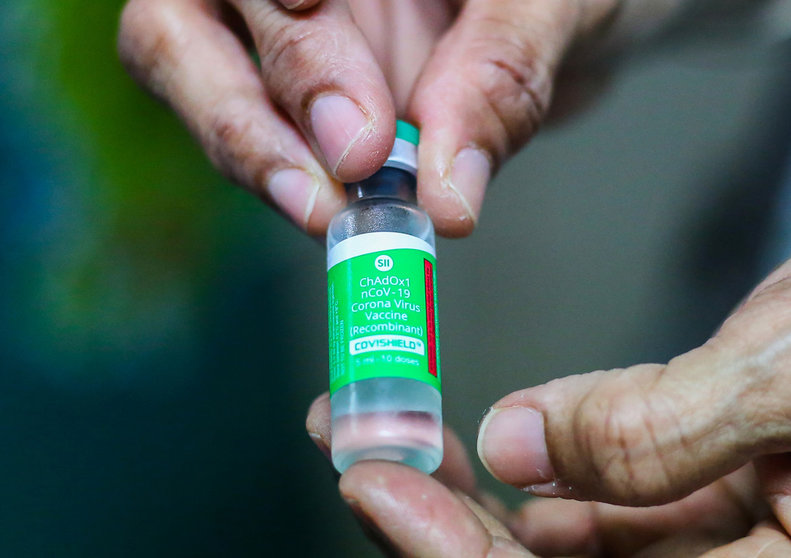Finland joins the list of countries that will not administer the vaccine developed by Astrazeneca and the University of Oxford to its older population. Among the Nordic countries, Sweden, Denmark and Norway have already announced that they will not give the drug to people aged 65 years and over, and Finland will do the same for those aged 70 and over.
The National Advisory Committee on Vaccines (KRAR) appointed by the Finnish Institute for Health and Welfare (THL) recommends restricting the use of the AstraZeneca coronavirus vaccine to those under the age of 70 for now. The recommendation would be changed, if needed, when more information from research becomes available on the effects of the vaccine among different age groups, THL said in a press release.
Last week, KRAR discussed the progression of coronavirus vaccinations and the AstraZeneca adenovirus vector vaccine, which was authorised for use.
The group recommends vaccinating those under the age of 70 with mRNA vaccines that have already been taken into use, whose effectiveness on seniors has already been supported by research.
“Although the antibodies in elderly recipients who have already been given the AstraZeneca vaccine were at about the same level as with other age groups, the number of elderly subjects in the studies on effectiveness has been small. The shortage of researched data does not mean that it would lack effectiveness, but more information is needed. For this reason, we are waiting for more comprehensive research results on the effectiveness of the vaccine on the elderly and we will revise the recommendation if needed”, says KRAR chair Ville Peltola.
Mortality higher among those over 70
KRAR emphasises that in a situation in which the amount of vaccine available is small, the AstraZeneca vaccine should be offered, in accordance with the vaccination order, first to those under 70 with underlying conditions that put them in a risk group, starting from the oldest age groups, and to employees of the health care field, who are crucial if the social and health care field is to function. Vaccinations of these groups must be promoted in parallel to focus on the prevention of deaths and serious cases of illness that require hospitalisation. After that, the vaccine is offered to others under the age of 70 starting from the oldest age groups.
Adenovirus vector vaccines have effectively reduced the number of serious cases of the disease among those taking part in the studies. The risk of a serious disease also grows with age among those under the age of 70.
Interval between vaccines to 12 weeks
All coronavirus vaccines now in use in Finland require two doses. The National Advisory Committee on Vaccines noted that in the prevailing epidemic situation the gap between doses of the coronavirus vaccine should be extended to 12 weeks.
“Someone who is vaccinated usually gets better protection when the interval between doses is extended because that way, the immunity produced by the body matures and gains strength”, observes THL Chief Physician Hanna Nohynek.
“At the same time, the longer gap between doses will rapidly help increase vaccine coverage in a serious epidemic situation, making more doses coming in small consignments available to more people. As many as possible, who have a higher risk of getting a serious case of coronavirus disease, will be able to get the relatively good protection provided by the first dose faster than they otherwise would."
THL says the number of vaccine doses coming to Finland can be expected to grow in the spring to such a degree that there will be enough for the second doses of the vaccination series, and that more population groups will end up covered by the vaccinations.











